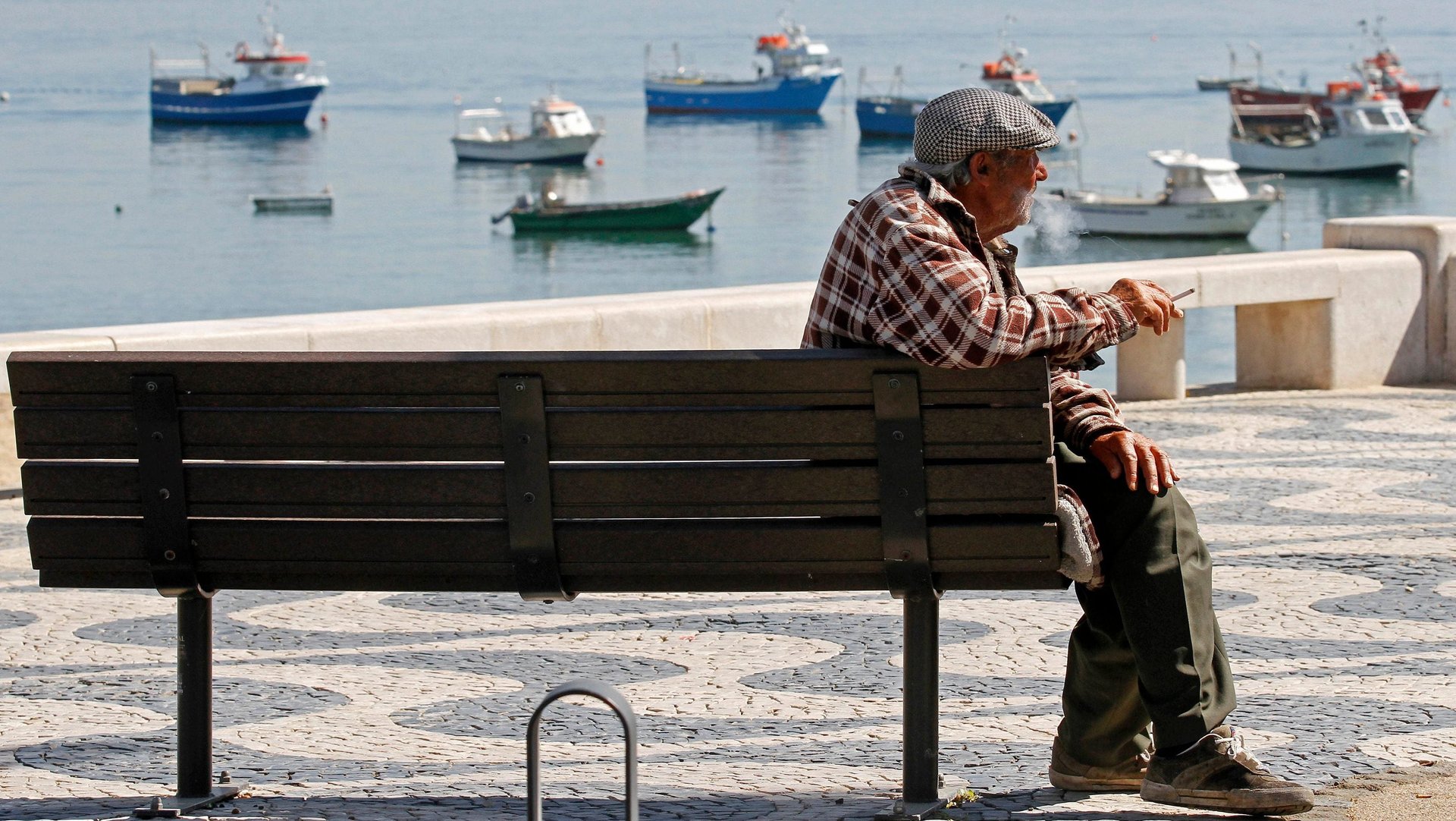Countries where men hold the power are really bad for men’s health
On average, men die younger than women. Men are also more likely than women to die prematurely, from causes ranging from alcoholism to heart disease to suicide.


On average, men die younger than women. Men are also more likely than women to die prematurely, from causes ranging from alcoholism to heart disease to suicide.
But a new report from the World Health Organization finds that, in Europe, those problems are particularly acute in countries with the lowest levels of gender equality. Parity between the sexes, it suggests, could actually save men’s lives.
“Living in a country with gender equality benefits men’s health and shows up as lower mortality rates, higher well-being, half the risk of being depressed, higher likelihood to have protected sex, lower suicide rates and a 40% reduced risk of a violent death,” the WHO notes in a press release accompanying the report.
The paper covers 41 countries, collating information about men’s health from existing WHO databases together for the first time. It found that, throughout Europe, men are more likely than women to face health problems because of smoking and drinking; unhealthy, salt-heavy diets; and through injury, some of which is sustained through violence like getting into fights or being attacked. The risks varied across the region: In Western Europe, smoking was the number-one risk factor in 2016, responsible for 1 million men’s deaths. In Eastern Europe, the biggest risk factors were alcohol and drug use.
Health differences between the genders have historically been so stark, the report says, that we’ve tended to blame those differences on biology, concluding that men are naturally more likely to die earlier and suffer certain conditions. But the report’s authors suggest that health risks from substance abuse or unhealthy diets aren’t inherent to being a man; they are linked to cultures that embrace stereotypical ideas of masculinity. For example, they say, ”a study of men in the Russian Federation suggested that heavy drinking of strong spirits ‘elevates or maintains a man’s status in working-class social groups by facilitating access to power associated with the hegemonic ideal of the real working man.'” Men, in other words, don’t drink more because they’re men; they drink more because of the social pressures that reward them for doing so.
The European countries included in the study differ widely in metrics like life expectancy. Men born in Switzerland in 2016 had an estimated life expectancy of 81.2 years, while men born in Turkmenistan and Russia had estimated life expectancies well below 70. Meanwhile, Nordic countries and Iceland scored highly on gender equality, as measured by a range of factors like representation in leadership positions and educational attainment. Turkey scored lowest on the gender gap index, followed by Hungary and Georgia.
To be clear, the association between gender equality and men’s health is based on correlation, not causation. The authors are not actually saying that lack of gender parity causes men to die, but that many of the factors that damage men’s health—like smoking or heavy drinking—are particularly prevalent in less equal cultures. The report’s authors argue that policymakers should take seriously the idea that the kinds of “masculinities” prevalent in societies with low gender equality are toxic to men themselves. In two examples, they point to road-traffic accidents and suicides. Both are causes of death that don’t relate to disease. But men in less equal cultures may be more likely to take risks, suffer from stress, and lack access to help for mental-health issues.
The researchers also offers some suggestions about how cultural shift toward greater gender equality could improve men’s health. For example, the role of breadwinner has been shown to be associated with increased hypertension and heart attacks in men, as well as increased levels of smoking and chronic back pain. “Despite reproducing patterns of male power, the breadwinner model is not necessarily good for men’s health,” they write.
Leveling the playing field is a long-term project for many women’s rights activists. This report offers a reminder that a more equal society is good for men’s health and well-being, too.